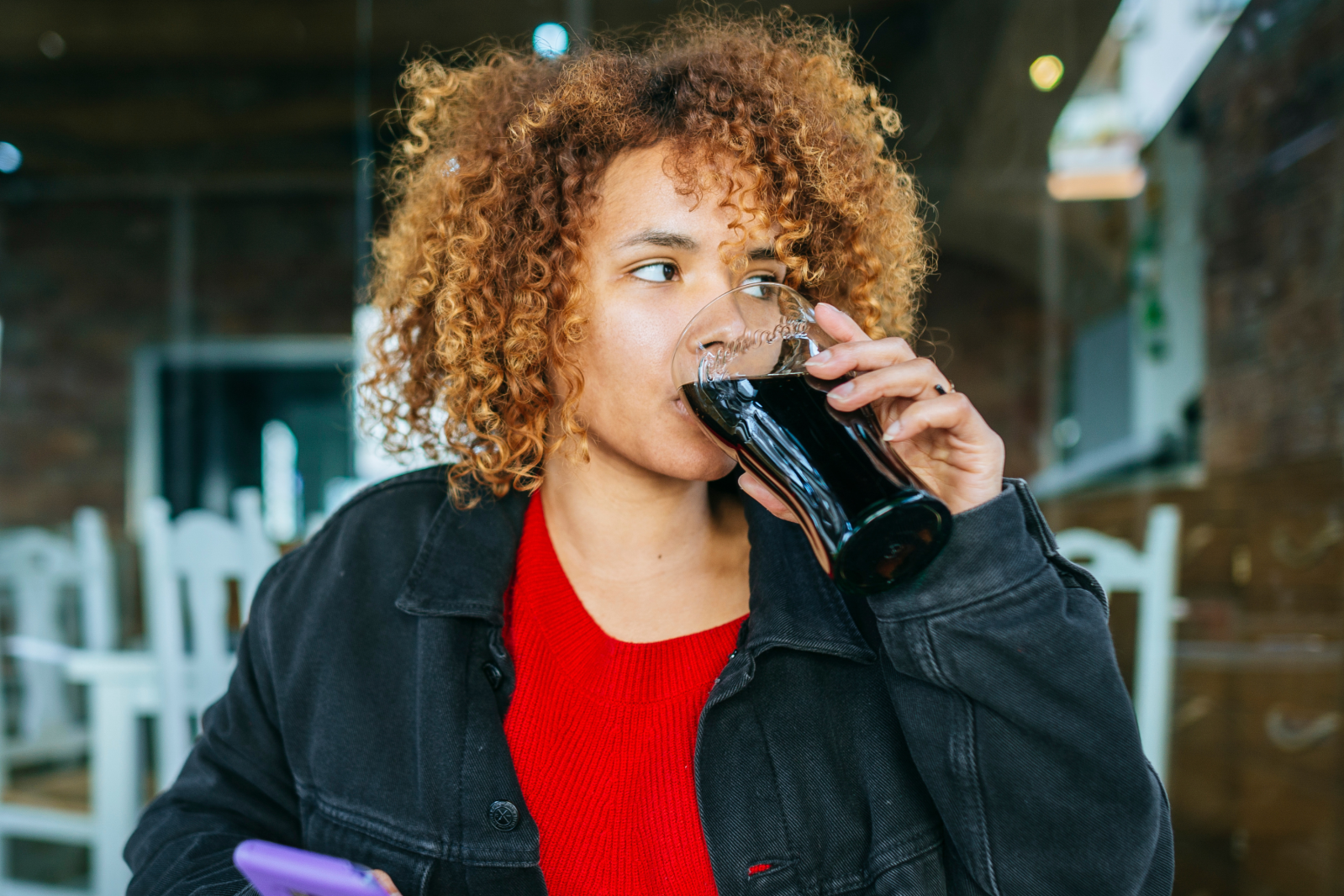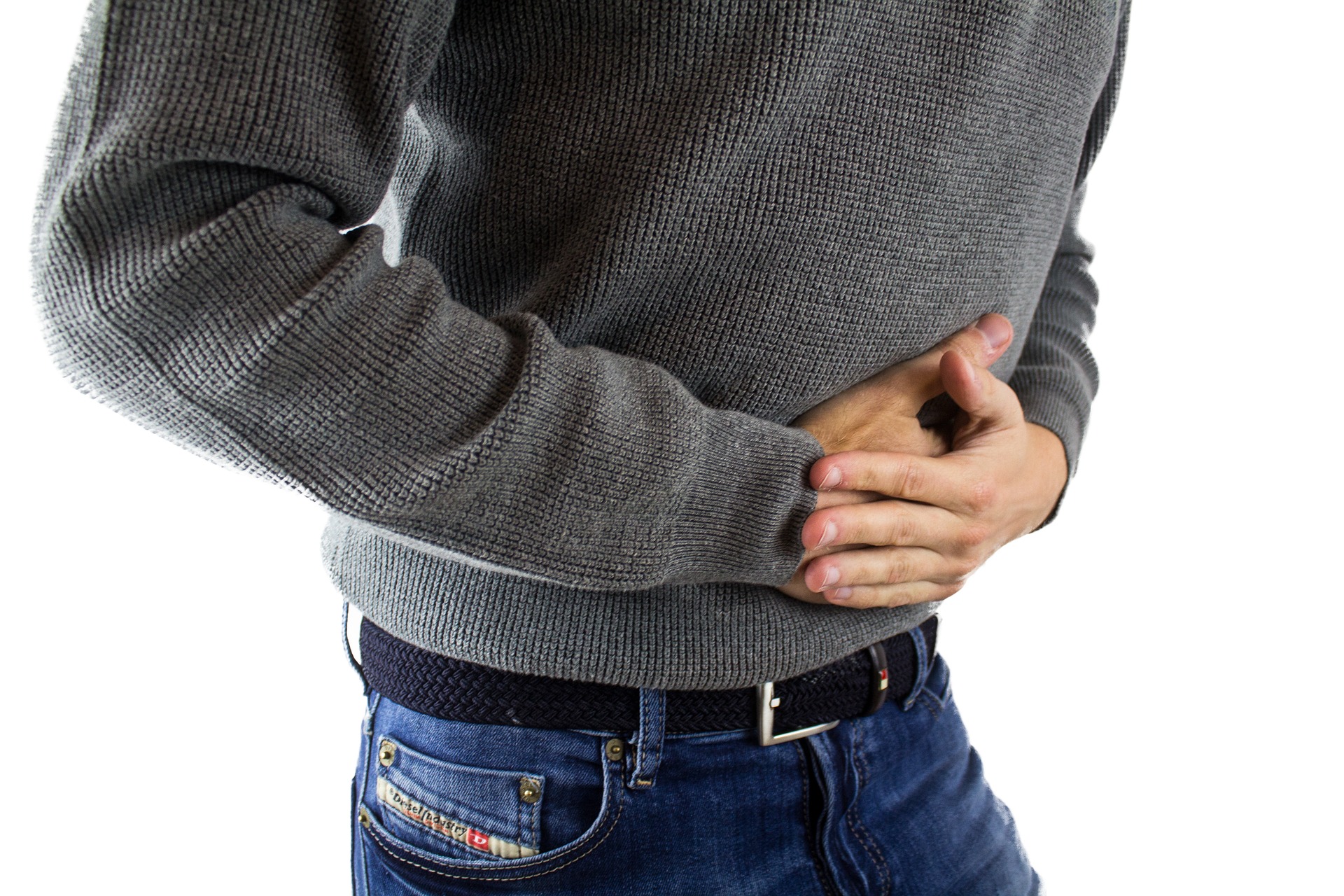By Hannah Millington
Copyright newsweek

Consumption of soft drinks may be linked to a diagnosis of major depressive disorder (MDD), along with more severe symptoms, most notably in women, a study has found.
This could be in part due to changes in the gut microbiota—i.e., the collection of microorganisms in the gut—particularly the “abundance” of the bacterial group Eggerthella, according to the large cohort study of patients conducted in Germany.
“This multi-centre clinical study has found a possible link between soft drink consumption and depression. Women who drank more soft drinks were more likely to be diagnosed with depression and to report more severe symptoms. However, no effect was found in male participants,” Debbie Shawcross, professor of hepatology and chronic liver failure and Dr. Victoria Kronsten, MRC doctoral research fellow LIMBIC Lab, both at Kings College London, said in a statement. They were not involved in the research.
This underscores the role of diet in depression and highlights the gut microbiome as a “key mediator,” while sex-specific findings suggest the need for tailored prevention and intervention strategies, the authors said.
They refer to soft drinks as ultra-processed, calorie-dense and rich in simple sugars like glucose and fructose, which they say can overwhelm the small intestine’s absorptive capacity and promote the growth of specific “bacterial genera.”
Woman drinking a soft drink. | Getty Images/KikoStock
Researchers analyzed a total of 405 patients with MDD (67.9 percent female patients) and 527 healthy people (65.5 percent females) aged 18–65.
Overall, they discovered that for each increase in daily soft drink intake, the odds of having MDD were about 8 percent higher.
This was driven by female participants. Among the 620 women in the study, higher daily soft drink intake was linked to about a 17 percent increase in the odds of having MDD.
However, for the 312 men in the study, soft drink consumption didn’t seem to have any notable effect.
Assessing whether consumption predicted depressive symptom severity using the BDI-I (Beck Depression Inventory), they again observed significant links in the whole sample, driven by female participants only.
The same pattern emerged when considering symptom severity only in patients with MDD.
These associations between soft drink consumption and MDD diagnosis, as well as symptom severity, remained significant in female participants when additionally controlling for body mass index (BMI).
Analysis revealed no significant effect when testing whether intake differed between medicated and unmedicated patients.
“Growing evidence indicates a negative impact of soft drinks on mental health, with longitudinal studies linking regular intake to an increased risk of depression,” the study authors wrote in the paper, referring to associations specific to high-sugar drinks.
Intestinal bacteria in the gut microbiome. | Getty Images/iLexx
‘Establishing Causation in Dietary Studies Is Difficult’
Stephen Burgess, statistician at the University of Cambridge, not involved in the research, emphasized the new study is observational analysis only.
“Even taking the study’s findings at face value, soft drink consumers are only at slightly higher risk of depression than non-consumers, with the study showing an 8 percent relative difference in depression risk,” Burgess said in a statement.
“Such a difference is not much more than would be expected by chance alone if you divided the study participants into two arbitrary groups at random—it is likely that one group would have slightly higher levels of depression than the other. It is entirely possible that this association is a chance finding.”
The authors of the study acknowledge most research relies on self-reported symptoms. To investigate potential mechanisms for the links discovered, they assessed the gut microbiota in women.
This led to the Eggerthella discovery, as well as higher soft drink intake associated with lower alpha-diversity—a measure in the overall evenness and diversity of the gut microbiome composition—in females.
Guillaume Meric, associate professor at the University of Bath, said the study contributes to the idea that soft drinks consumption and depression often show up together, especially in women, and highlights a gut bacterium called Eggerthella as a possible link.
“It does not robustly show or imply that these drinks cause depression, and the observed role of the microbiome looks small,” Meric added, however, in a statement. “If you drink a lot of soft drinks, cutting back is low-risk and likely helpful overall, but this study does not at all mean that this is a stand-alone treatment for depression.”
Meric also pointed out that the research acknowledges that the microbiome mediation explains only about 4–5 percent of the association. “This makes it an interesting hyp…



